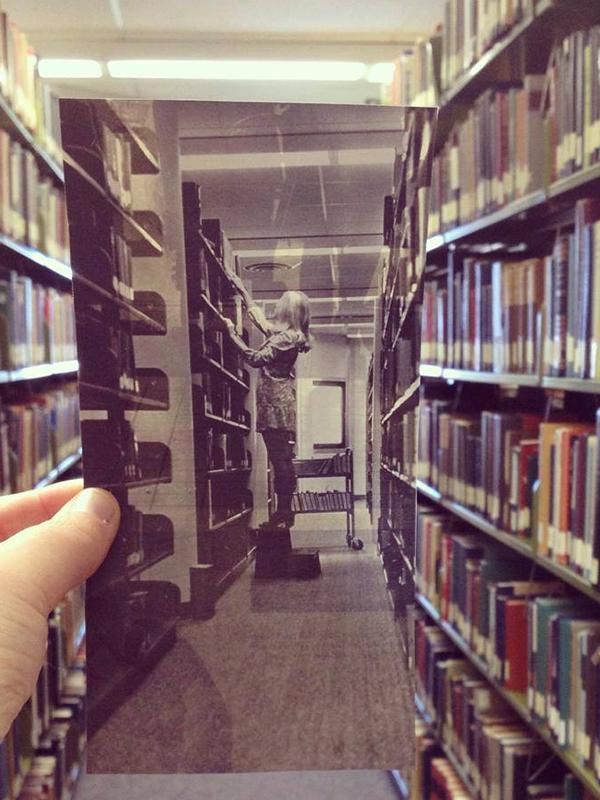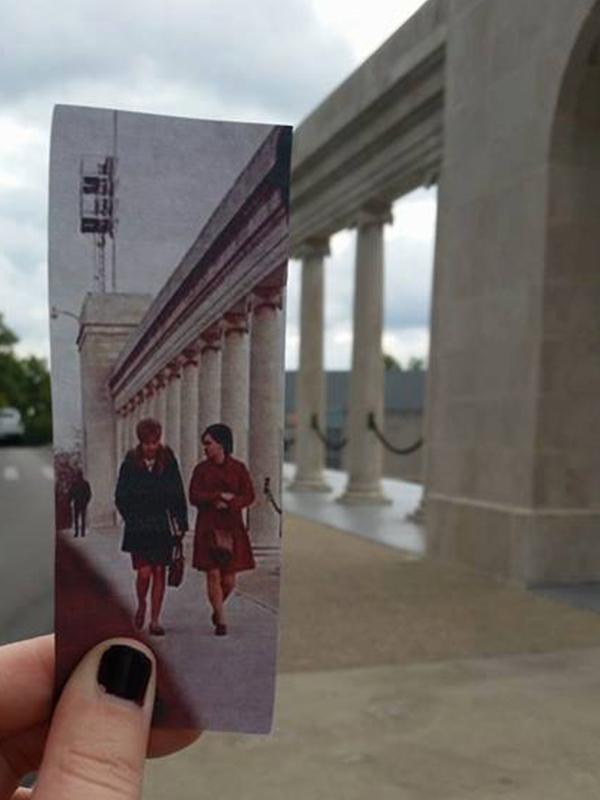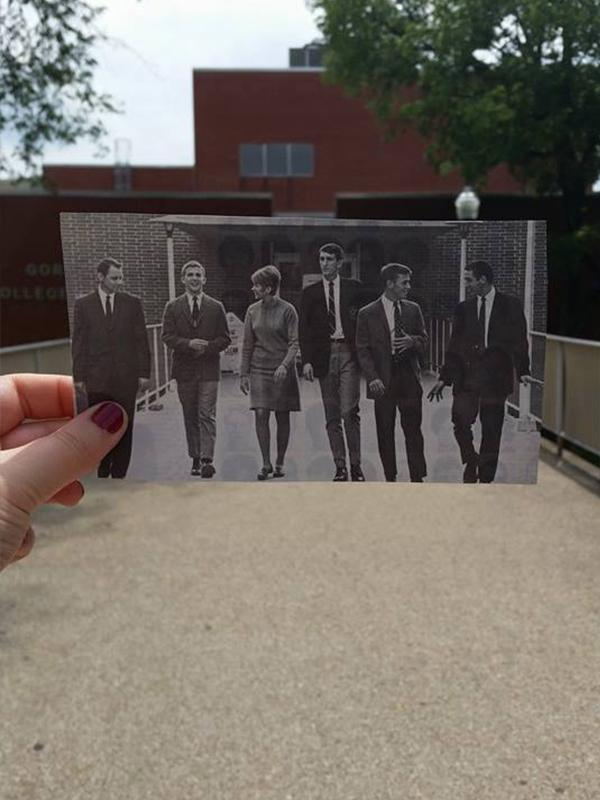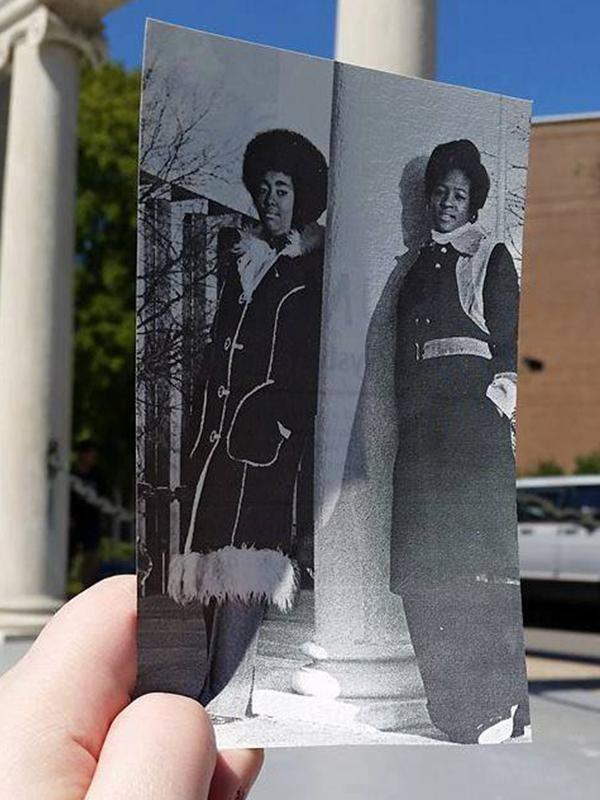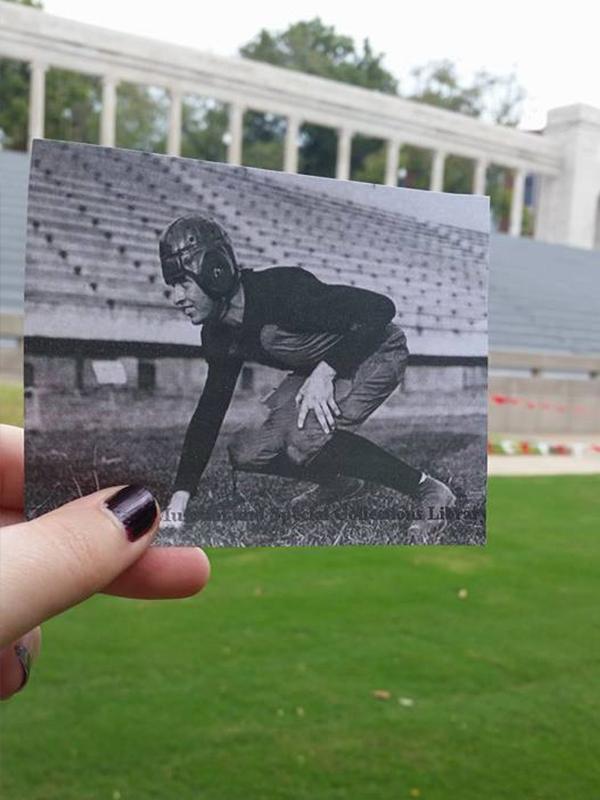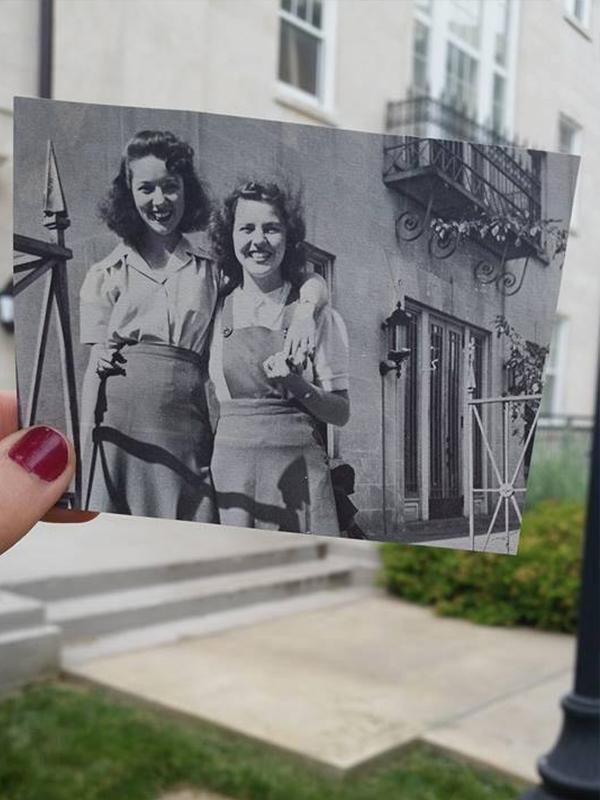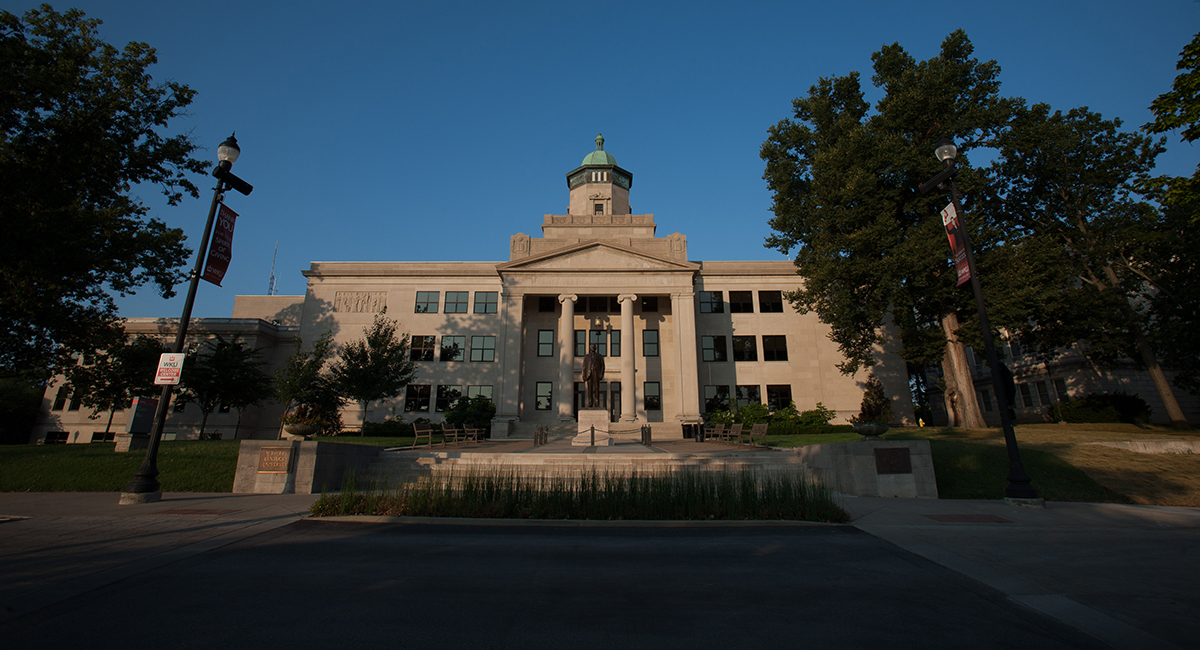
WKU History
Beginning as a Normal School
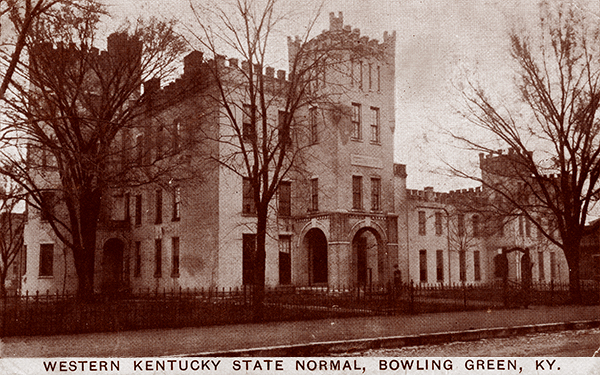
What we now know as Western Kentucky University began as a normal school. On March 21, 1906, the Kentucky General Assembly approved legislation to establish two teacher training institutions, or "normal schools," in the state. A locating commission chose Bowling Green to be the site of one, and the Western Kentucky State Normal School was created.
The new state-supported school took over the building and student body of the privately owned Southern Normal School. The owner of the Southern Normal School, Henry Hardin Cherry, had been actively involved in the campaign to establish teacher training schools and became WKU's first president. His diligence led to the start of classes on January 22, 1907. Western Kentucky State Normal School continued operations in its location for four years.
On February 4, 1911, the school moved to its present site on "the Hill," approximately 125 feet above downtown Bowling Green and the former home of The Pleasant J. Potter College. Over the next decade, the curriculum focused on teacher training and certification. Students received practical experience at the Training School, and a model one-room Rural School was opened on campus in 1924. In 1922, the state renamed the institution Western Kentucky State Normal School and Teachers College and authorized it to grant four-year degrees. The first such degrees were awarded in 1924.
Becoming Western Kentucky State College
The Western Kentucky State Normal School and Teachers College campus expanded in 1927 when it merged with Ogden College, a private young men's school located on the east side of the Hill. The name was shortened to Western Kentucky State Teachers College in 1930, and the following year the master of arts degree was first offered. President Cherry died in 1937 and was succeeded by Paul Garrett.
As Western Kentucky State Teachers College's mission broadened, its name was shortened in 1948 to Western Kentucky State College. Dr. Garrett died in 1955 and Kelly Thompson became WKU's third president.
Under Dr. Thompson, both Western's curriculum and its campus underwent major reorganization and expansion. In June 1963, Western merged with the Bowling Green College of Commerce, formerly the Bowling Green Business University. Along with the Graduate School, the Bowling Green College of Commerce became a separate college within the structure. In 1965, the Board of Regents approved the formation of three more colleges: the Potter College of Liberal Arts, the College of Education, and the Ogden College of Science and Technology.
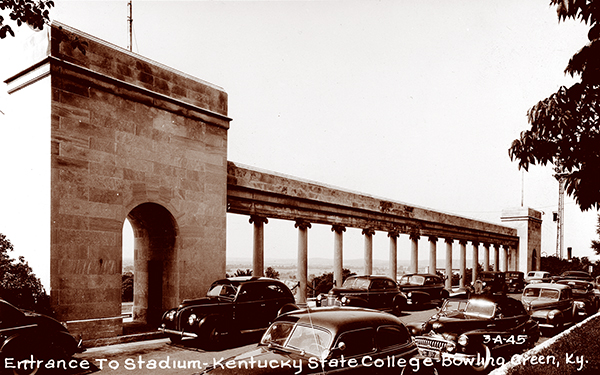
Life More Life at Western Kentucky University
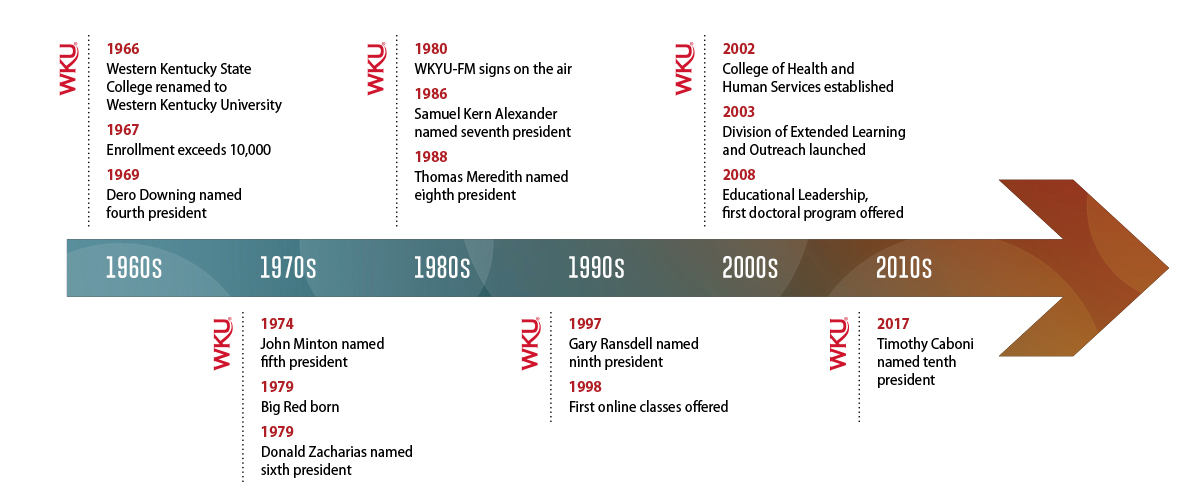
On June 16, 1966 Western Kentucky State College became Western Kentucky University. Dr. Thompson remained president until 1969. At that time, Dero Downing became president and served until 1979. Dr. Downing had taught at WKU prior to becoming president.
John Minton, former associate dean of Graduate Instruction, Graduate Dean, and Administrative Vice-President, was appointed president effective January 31, 1979 when Dr. Downing retired. He served until July 31, 1979, when Donald Zacharias was appointed president. In recognition of his service, the Board of Regents recognized Minton as WKU's fifth president. At the time of Dr. Minton's retirement in 1986, he held the position of Vice President for Student Affairs.
Dr. Zacharias became WKU's sixth president in 1979 and served until August 31, 1985.
More colleges and reorganization followed throughout the years as WKU continued to expand. The Bowling Green Community College was established in 1986.
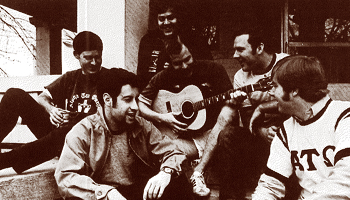
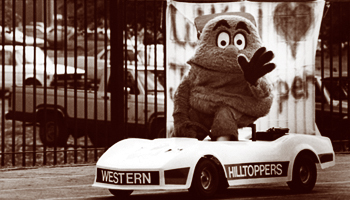
Learn about Big Red and the Red Towel.
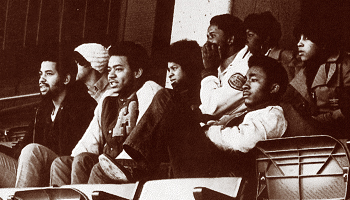
Kern Alexander was the seventh WKU president. He had ties to the university through his graduate work at WKU. His tenure as president was a transitional period in the University's history, serving from 1986 until 1988 during which WKU's regional campus in Glasgow opened.
Thomas Meredith took office as WKU's eighth president on August 31, 1988. He was also tied to the university through his graduate work. Among his accomplishments were the introduction of WKU's first strategic plan, Distinguished Professorship Program and several new masters degree programs. The campus became fully computer-networked, two new residence halls and a health and activities center opened, and WKU's Hall of Distinguished Alumni and Athletic Hall of Fame were established. Dr. Meredith served as president until May 17, 1997 when he assumed the duties as the Chancellor of the University of Alabama System.
Moving into the 21st Century
WKU's ninth president, Gary A. Ransdell, was appointed on September 12, 1997, and retired from WKU after a 20-year tenure on June 30, 2017.
The College of Health and Human Services was established in 2002. It was established to bring together all health and human services programs under one administrative unit. The College consists of seven departments that represent an array of disciplines, and offers degrees at the associate, baccalaureate, masters and doctoral degree levels.
The Division of Extended Learning and Outreach (DELO) launched in 2003. DELO is the outreach arm of the university, offering both credit and non-credit classes to students of all ages. The division partners with faculty and departments to offer convenient and flexible learning opportunities to students. The division works with businesses and organizations to provide customized training, plan special events, and develop degree programs that meet specific needs in the community.
WKU has housed the Carol Martin Gatton Academy of Mathematics and Science in Kentucky since 2007. The mission is to offer a residential program for bright, highly motivated Kentucky high school students who have demonstrated interest in pursuing careers in science, technology, engineering, and mathematics.
In 2008, the WKU Board of Regents approved creation and development of a fully independent Honors College at WKU. The purpose of the WKU Honors College is to offer high-achieving young scholars the environment of a small, highly selective college, while providing the resources and benefits of a large public university. This combination of outstanding research opportunities with an intimate and rigorous intellectual environment not only produces nationally recognized scholars and globally engaged leaders it changes lives. Equally as important, the Honors College experience is helping these scholars make their educational and career dreams come true.
For more than 50 years, WKU has offered courses beyond the Bowling Green campus. WKU serves students at three regional campuses in Elizabethtown-Fort Knox, Glasgow and Owensboro. Two of the principal goals for WKU’s Regional Campuses are to provide access to higher education and to improve the quality of life in the communities they serve.
Degree offerings have expanded to meet the needs of the region and state and include programs in electrical, civil and mechanical engineering and three stand-alone doctoral programs: educational leadership, nursing practice and physical therapy.
Through the years, WKU students have enjoyed an intimate scholarly environment on a vibrant campus and are encouraged to become involved in community service, applied research and study abroad. A century of growth has made WKU a respected center of learning and a place where students can succeed on a global level.
"I think the next decade of growth at WKU is going to be as, if not more, exciting than the previous decade. One of the things people will come to know about me is that I have a good deal of energy, a great deal of passion, and we are going to sprint – not walk, not run – to the next level."
~President Timothy C. Caboni
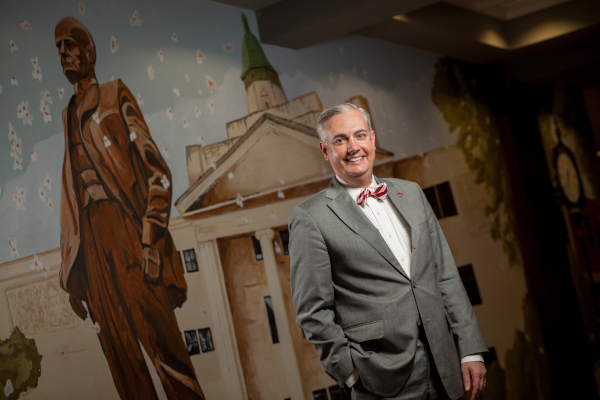
A New Presidency
WKU's tenth president, Dr. Timothy C. Caboni began his duties as president on July 1, 2017.
History courtesy of University Archives and WKU Public Affairs.
Some of the links on this page may require additional software to view.


